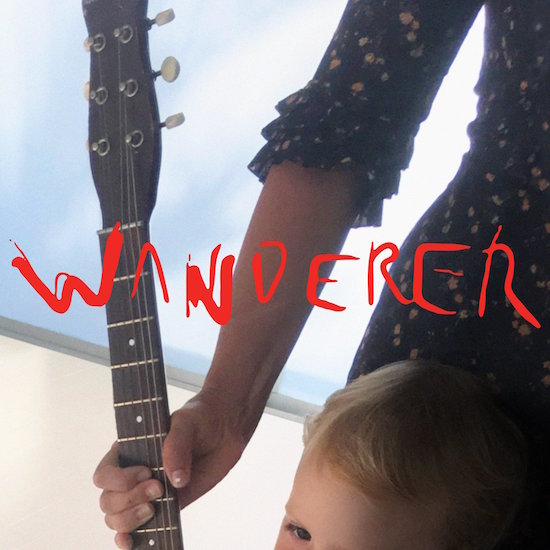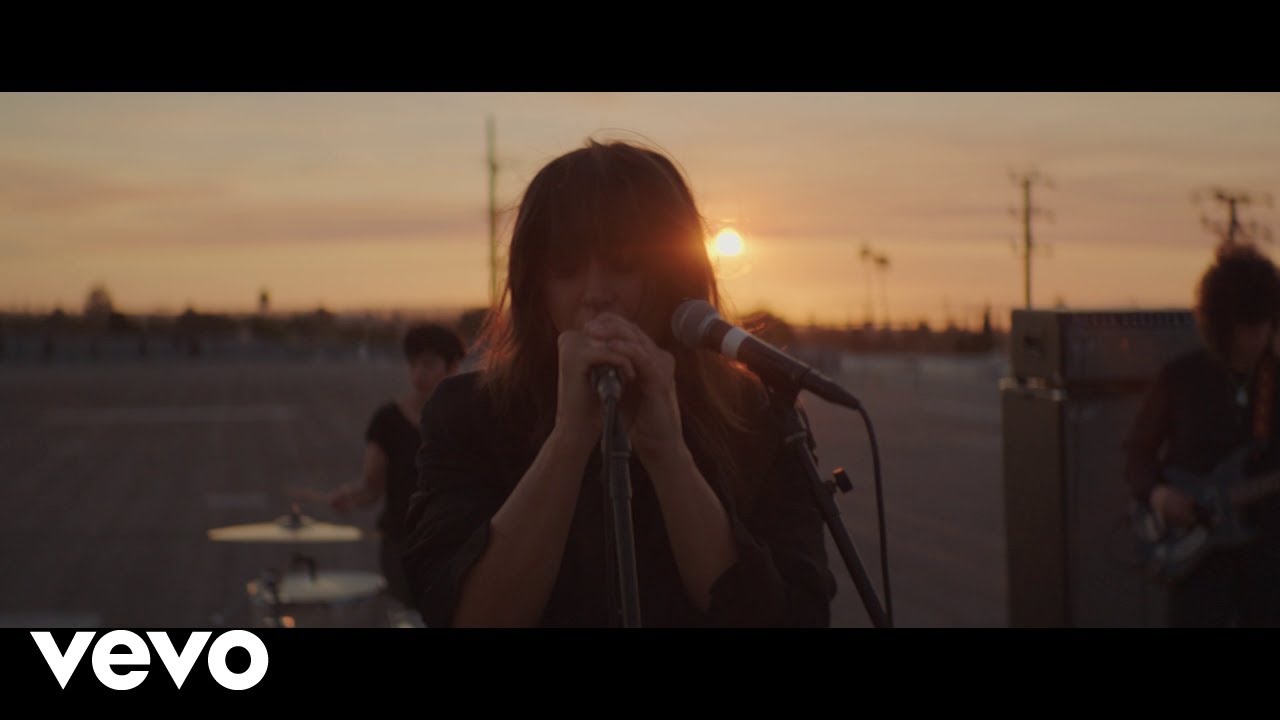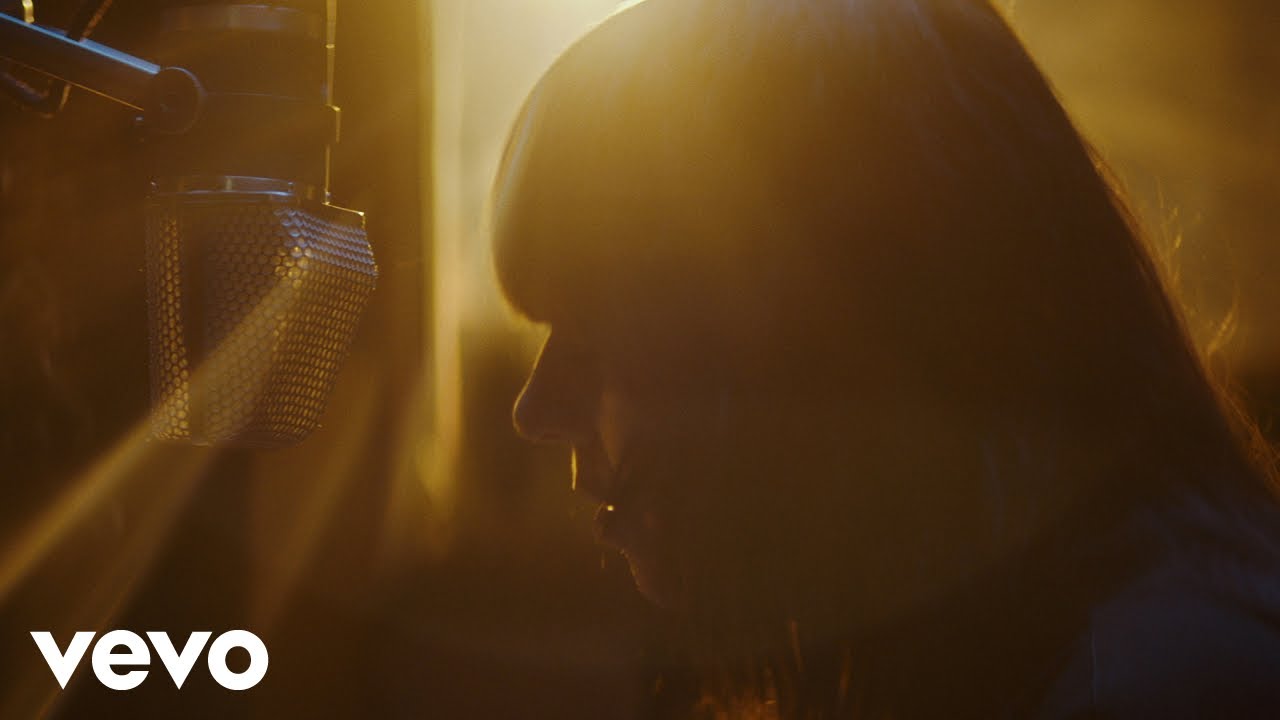“In the press there’s always been an exploitation of my vulnerability that has demeaned my professionalism, has demeaned my stature,” said Chan Marshall – aka Cat Power – in a recent radio interview with Mary Anne Hobbs. Indeed, in the run-up to the release of her tenth studio album, Wanderer, the vast majority of media coverage seems to have followed the same narrative: Marshall struggles with depression and addiction issues, gives notoriously “erratic” live performances, bucks her ideas up, goes to rehab, has a baby, and – despite a blip whereby she becomes a single parent – is ultimately saved by her motherhood and sobriety and writes an album. Of course, an artist’s personal life is always going to be part and parcel of their music – and I’m not denying that struggle and recovery and parenthood would have a significant impact on anyone’s artistic output – but Cat Power has been subject to a particular brand of romanticisation her whole career, epitomised by the 2003 LA Weekly piece in which John Payne crowned her “the queen of sadcore”. Reducing a highly gifted songwriter, producer and vocalist to a “rather beautiful” sad girl and her “forlorn guitar or piano-accompanied musings on life, love, confusion, blades of grass, this color and that abstract painting”? File next to Manic Pixie Dream Girl, and then set the damn filing cabinet on fire.
Wanderer, although not explicitly confrontational, subtly undermines this longstanding and limited perception of What Cat Power Is. Marshall herself sits in the producer’s seat, and gone is the gloss of 2012’s Sun; these 11 songs are stripped back to the sparse bones of piano, guitar and that distinctive, smoky, Southern States voice. Traditional folk and blues music is referenced throughout, and especially on the hymn-like a cappella title track, which opens the album, the plodding, persistently plucked strings of ‘Black’, and the almost harp-ish acoustic guitar flourishes of ‘Me Voy’.
The album comes to a head with its lead single, ‘Woman’: a gently self-assured number featuring minimal, though not insignificant, backing vocals from Lana Del Rey – an artist who is also often discussed in terms of her sadness, her beauty, and not much else. (In fact, if you Google ‘queen of sadcore’, a review of Del Rey’s 2015 album Honeymoon appears directly beneath good old John Payne’s sexist shit-tip of an article.) On ‘Woman’, Del Rey breathily echoes as Marshall sings: “If you know people who know me / You might want them to speak / To tell you ’bout the girl or the woman you know / More than you think you know about me […] The doctor said I was not my past, he said I was finally free […] I’m a woman of my word / Or haven’t you heard / My word’s the only thing I’ve ever needed.”
‘Woman’, and by extension Wanderer, is a reminder that empowerment comes in many guises. Forget shouting in a balaclava… sometimes a “Fuck You” sung tenderly, in a minor key, is just as potent.





